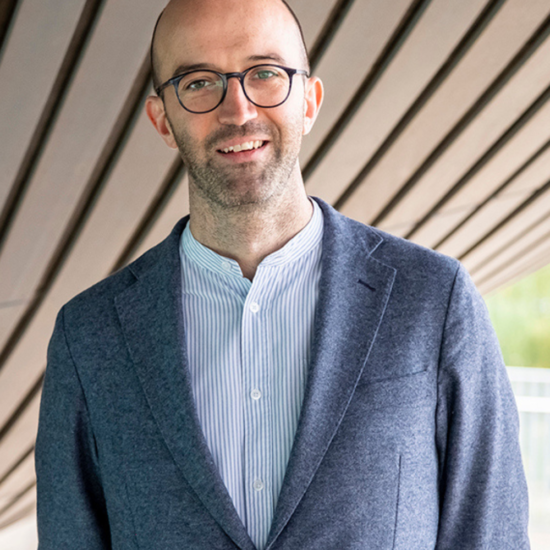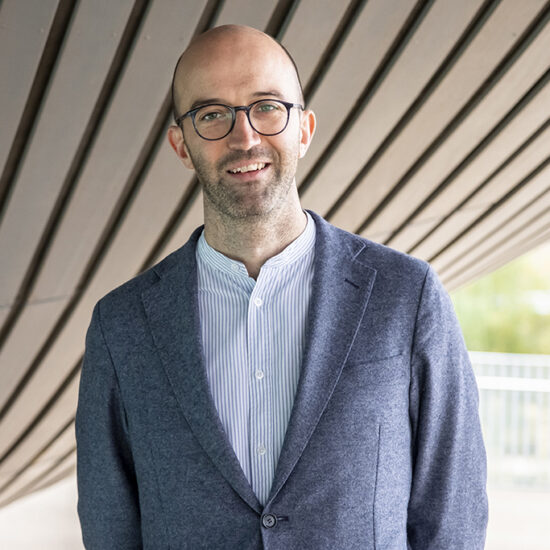A multi-tasking strategy
Read CEO John Hitchin’s reflections on Renaisi's strategic development process.
Strategic cycles are weird, arbitrary points in time that mean a lot to organisations themselves but not to the rest of the world. Who cares that Renaisi is doing its strategic review now, other than us? That is a liberating reminder of our individual insignificance. It is also a way to reinforce the importance of the interplay between Renaisi and everyone else.
How can our strategy help us better deal with the world we’re in today?
Our strategic planning process has been a combination of internal and external research that you would expect. As we’ve gone through the process, I’ve been struck by a few things about Renaisi and the context of the social sector right now.
I wonder if any of this resonates with other organisations going through a similar process?
- Renaisi does more than one thing. If we’re not more than the sum of those parts, then we’re going to be less than them. As everything in the social sector is marginal, we can’t carry excess costs, so every piece of Renaisi must push in the same shared direction. That is harder to achieve than it sounds, but this strategic process has helped bring issues to the surface around where we’re not doing that. It’s allowed us to be more honest with ourselves.
- Strategic headlines can get divorced from the day-to-day work of a team. If people feel no connection to the direction, then they’re heading in another direction. The concept of place has been a great focus for us in the past five years and speaks to a core part of who we are and what we believe about how social change happens. But it’s not sufficient to pull the whole organisation together. We needed something more unifying to drive actions and challenge ourselves to push ourselves and our clients.
- In a world of rising demand, certain established business models just don’t hang together anymore. Bigger players may take longer to be able to shift their course but all of us, need to adapt and be part of the solution; otherwise, why are we here?
- Listening to different people and changing in response must be a core part of what we do, not an add-on. What is our role in the systems we’re operating in, and how are we listening and thinking differently? We should always be asking that of ourselves and our consultancy clients.
- Crisis is now our permanent condition. That means tightly defined programmes are less useful. Adaptation and collaboration are much more important. But people still want clarity about the future, as well as adaptation and flexibility in delivery, and something that fixes the crisis. That may not be possible, but as advisors (of individuals and organisations) we do have to hold those tensions, and so we have to build them into our work.
- Practical ideas and solutions are more important than ever. There is zero time for long reports and navel-gazing. From a Renaisi perspective, we need to knit our different perspectives of supporting people, supporting organisations, and working across systems together to come up with new solutions that we can learn from and iterate. It’s about holding all the thoughts but not making that hard for people to engage with. We have to walk, chew gum, and bounce a ball, all at the same time.
I look forward to sharing our strategy soon, and I’d love to know what others think about these ideas.

- Want do you think?
- Contact Private: John Hitchin on:
- 020 7033 2639
- j.hitchin@renaisi.com
Renaisi’s strategic planning services
We believe learning is a powerful tool to reflect and adapt, as well as to bring in a range of voices and perspectives to help strategise effectively.
Renaisi’s consultants can support you and your team to learn about what is working well and why, to help you develop organisational or programme-level strategies for impact.
We also offer:
- Research to help teams uncover new insight to tackle a problem, and help you find workable solutions.
- Evaluation and learning partnerships to help you understand what difference you’re making and how.
- Training and capacity building to help develop your vision and narrative for change.
- We can also design a tailored theory of change and evaluation framework for your project, programme or organisation to help you self-evaluate your progress over time.



